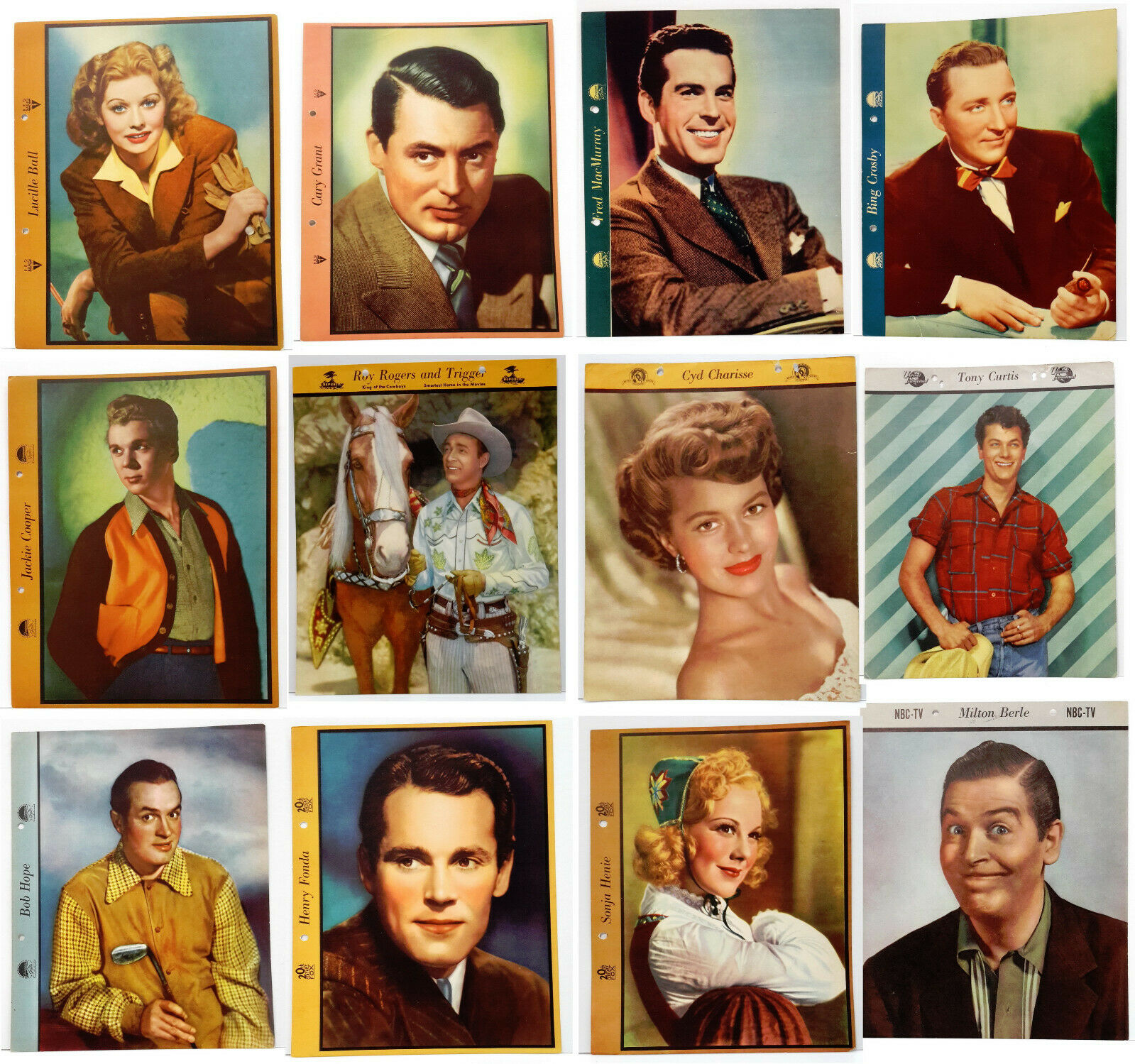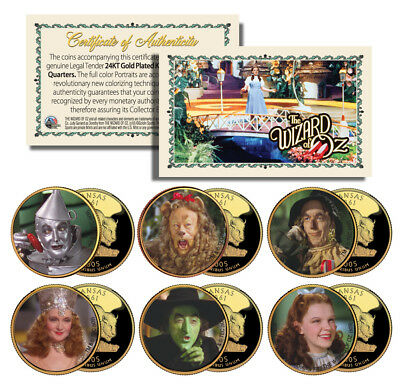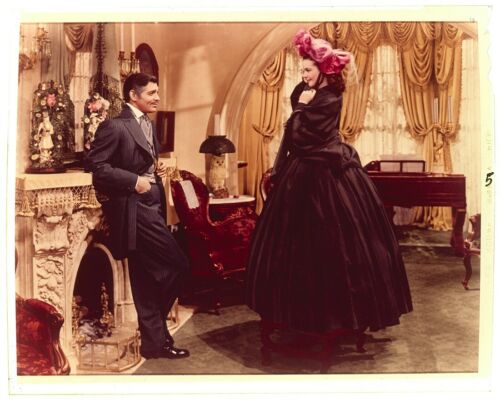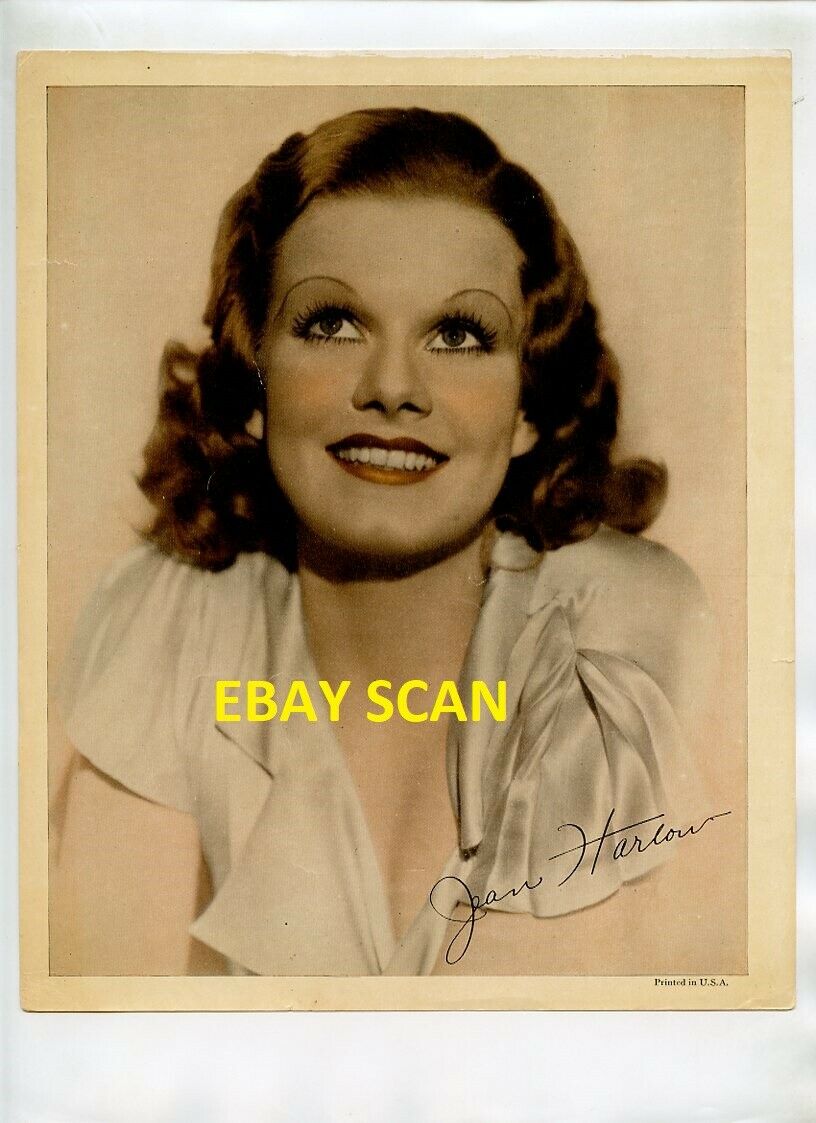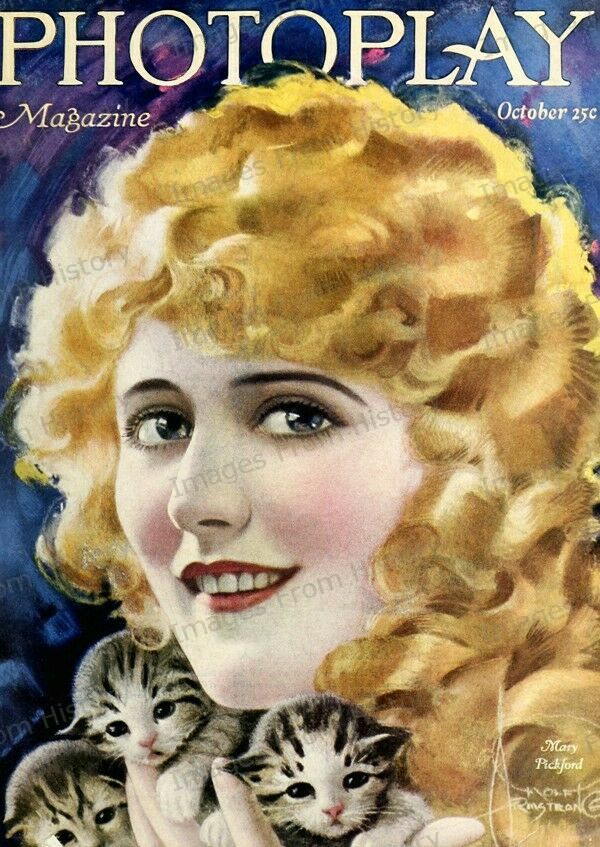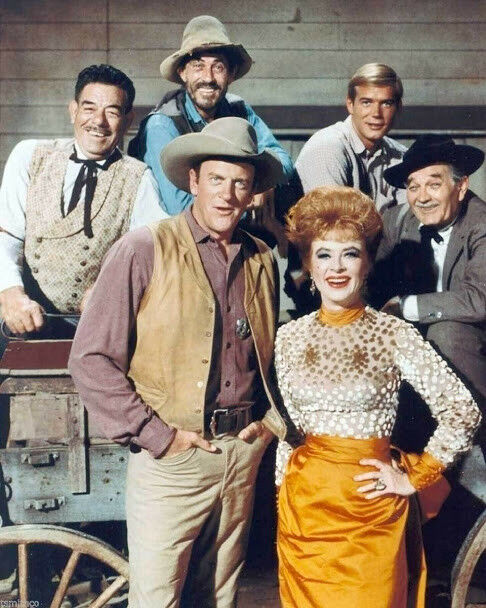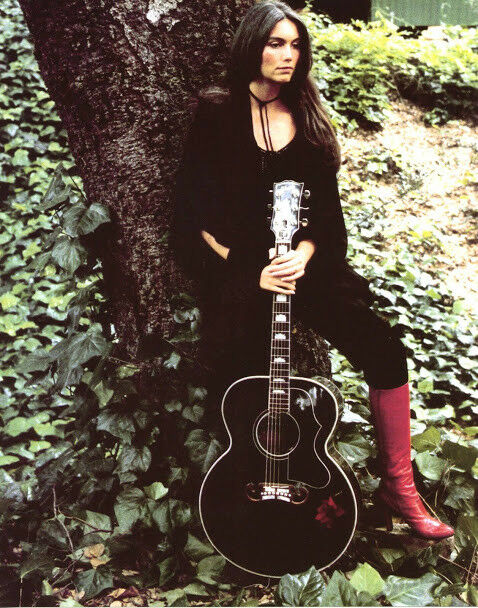-40%
Vivien Leigh station COLOR still GONE WITH the WIND mini lobby card #9 1939/1961
$ 4.08
- Description
- Size Guide
Description
(It looks much better than the picture above.)Vivien Leigh station COLOR still GONE WITH the WIND mini lobby card #9, 1939/1961 studio Re-Release
This card may be one of the last pieces of memorabilia from this particular re-release of this historic film. It would look great framed on display in your home theater!
PLEASE BE PATIENT WHILE ALL PICTURES LOAD
After checking out this item please look at my other unique silent motion picture memorabilia and Hollywood film collectibles! SHIP SEVERAL ITEMS TOGETHER AND SAVE $
See a gallery of pictures of my other auctions
HERE!
This 8” by 10” mini lobby card (notice it is numbered just like a lobby card) is vintage, from a studio re-issue and not a copy or reproductions.
DESCRIPTION:
Gone With the Wind boils down to a story about a spoiled Southern girl's hopeless love for a married man. Producer David O. Selznick managed to expand this concept, and Margaret Mitchell's best-selling novel, into nearly four hours' worth of screen time, on a then-astronomical 3.7-million-dollar budget, creating what would become one of the most beloved movies of all time. Gone With the Wind opens in April of 1861, at the palatial Southern estate of Tara, where Scarlett O'Hara (Vivien Leigh) hears that her casual beau Ashley Wilkes (Leslie Howard) plans to marry "mealy mouthed" Melanie Hamilton (Olivia de Havilland). Despite warnings from her father (Thomas Mitchell) and her faithful servant Mammy (Hattie McDaniel), Scarlett intends to throw herself at Ashley at an upcoming barbecue at Twelve Oaks. Alone with Ashley, she goes into a fit of histrionics, all of which is witnessed by roguish Rhett Butler (Clark Gable), the black sheep of a wealthy Charleston family, who is instantly fascinated by the feisty, thoroughly self-centered Scarlett: "We're bad lots, both of us." The movie's famous action continues from the burning of Atlanta (actually the destruction of a huge wall left over from King Kong) through the now-classic closing line, "Frankly, my dear, I don't give a damn." Holding its own against stiff competition (many consider 1939 to be the greatest year of the classical Hollywood studios), Gone With the Wind won ten Academy Awards, including Best Picture, Best Director, Best Screenplay, Best Actress (Vivien Leigh), and Best Supporting Actress (Hattie McDaniel, the first African-American to win an Oscar). The film grossed nearly 192 million dollars, assuring that, just as he predicted, Selznick's epitaph would be "The Man Who Made Gone With the Wind."
CONDITION:
This original AND vintage 8” x 10” MINI lobby card/color still is in Near EXCELLENT condition (this still is perfect except for tiny pinholes in the corners [see pix]). And it would a great item to get autographed by one of these celebrities at their next personal appearance!
SHIPPING:
Domestic shipping would be FIRST CLASS and well packed in plastic, with several layers of rigid cardboard support/protection and delivery tracking. My shipping cost a little more because the weight of the support which is only fair. International shipping depends on the location, and the package would weigh close to a pound with even more extra ridge packing.
PAYMENTS:
Please pay PayPal! All of my items are unconditionally guaranteed. E-mail me with any questions you may have. This is Larry41, wishing you great movie memories and good luck…
BACKGROUND:
"Selznick's Folly" had become the nickname applied by cynics to Gone With the Wind (1939) while David O. Selznick's film version of Margaret Mitchell's sprawling epic of the Old South was still in production. But when the million movie had its premiere on December 15, 1939, cynicism was swept aside by such reactions as The Hollywood Reporter's headline description: "Magnificent and Supreme Triumph of Film History." When Oscar nominees for one of the greatest years ever in American film were announced, Gone With the Wind dominated the likes of Stagecoach, The Wizard of Oz, Mr. Smith Goes to Washington, Wuthering Heights, Ninotchka and Goodbye, Mr. Chips with an unprecedented 13 nominations. When Oscar night came, Gone With the Wind continued to make history with eight wins, plus special awards to Selznick and production designer William Cameron Menzies. "What a wonderful thing, this benefit for David O. Selznick," Bob Hope cracked as he began his first year as master of ceremonies. The first two major awards for Gone With the Wind were not claimed by their winners. Selznick accepted for director Victor Fleming, explaining that he was ill. Screenwriter Sidney Howard, who had been killed in a tractor accident on his Massachusetts farm, became the first posthumous Oscar winner. When Y. Frank Freeman presented Selznick with the Best Picture award, the Southern-born Paramount executive cracked, "David, I never saw so many soldiers as were used in Gone With the Wind. Believe me, if the Confederate Army had had that many, we would have licked you damn Yankees." Fay Bainter, announcing the winner for Best Supporting Actress, described the award as "a tribute to a country where people are free to honor noteworthy achievements regardless of creed, race or color." A big "Hallelujah!" rang from the lips of Hattie McDaniel, honored for her Mammy in Gone With the Wind. A disappointed Olivia de Havilland, also nominated in McDaniel's category, slipped into the Coconut Grove kitchen for some private tears before composing herself and returning to congratulate her co-star. In his final appearance at an Oscar ceremony, Spencer Tracy appeared to present Vivien Leigh with her Best Actress award for so memorably playing Scarlett in Gone With the Wind. Leigh ended her acceptance speech with special thanks to Tracy for coming straight from the hospital after two days of treatment for strep throat. Gone With the Wind also won in the categories of Color Cinematography, Interior Decoration and Film Editing. But the movie's winning streak stopped with the Best Actor award. Clark Gable, nominated for the performance of his life as Rhett Butler, lost to Robert Donat for Goodbye, Mr. Chips. Perfectionists are never happy, as publicist Russell Birdwell learned on his drive with Selznick to a celebration party. According to Selznick biographer Bob Thomas, the producer snapped to Birdwell, who had campaigned tirelessly for the Gone With the Wind awards, "I don't know why we didn't get the Best Actor award for Gable. Somewhere you failed. You didn't put on the proper campaign; otherwise, Clark Gable would have been sure to get it." After the devastated Birdwell failed to report to work for two days, Selznick called and admitted, "I was a pig. I worked so hard and waited so long, I got piggish and wanted everything." Source: Mason Wiley & Damien Bona, Inside Oscar, 1986. Producer: David O. Selznick Director: Victor Fleming, George Cukor (uncredited), Sam Wood (uncredited) Screenplay: Sidney Howard, Ben Hecht (uncredited), David O. Selznick (uncredited), Jo Swerling (uncredited), John Van Druten (uncredited), from Margaret Mitchell novel Production Design: William Cameron Menzies Art Direction: Lyle R. Wheeler Cinematography: Ernest Haller, Ray Rennahan, Lee Garmes (uncredited) Costume Design: Walter Plunkett Editing: Hal C. Kern (supervising) Original Music: Max Steiner, Adolph Deutsch (uncredited), Hugo Friedhofer (uncredited), Heinz Roemheld (uncredited) Principal Cast: Clark Gable (Rhett Butler), Vivien Leigh (Scarlett O'Hara), Leslie Howard (Ashley Wilkes), Olivia de Havilland (Melanie Hamilton Wilkes), Hattie McDaniel (Mammy), Thomas Mitchell (Gerald O'Hara), Barbara O'Neil (Ellen O'Hara), Evelyn Keyes (Suellen O'Hara), Ann Rutherford (Careen O'Hara), George Reeves (Stuart Tarleton), Fred Crane (Brent Tarleton), Oscar Polk (Pork), Butterfly McQueen (Prissy), Victor Jory (Jonas Wilkerson), Ona Munson (Belle Watling), Cammie King (Bonnie Blue Butler). C-222m.

